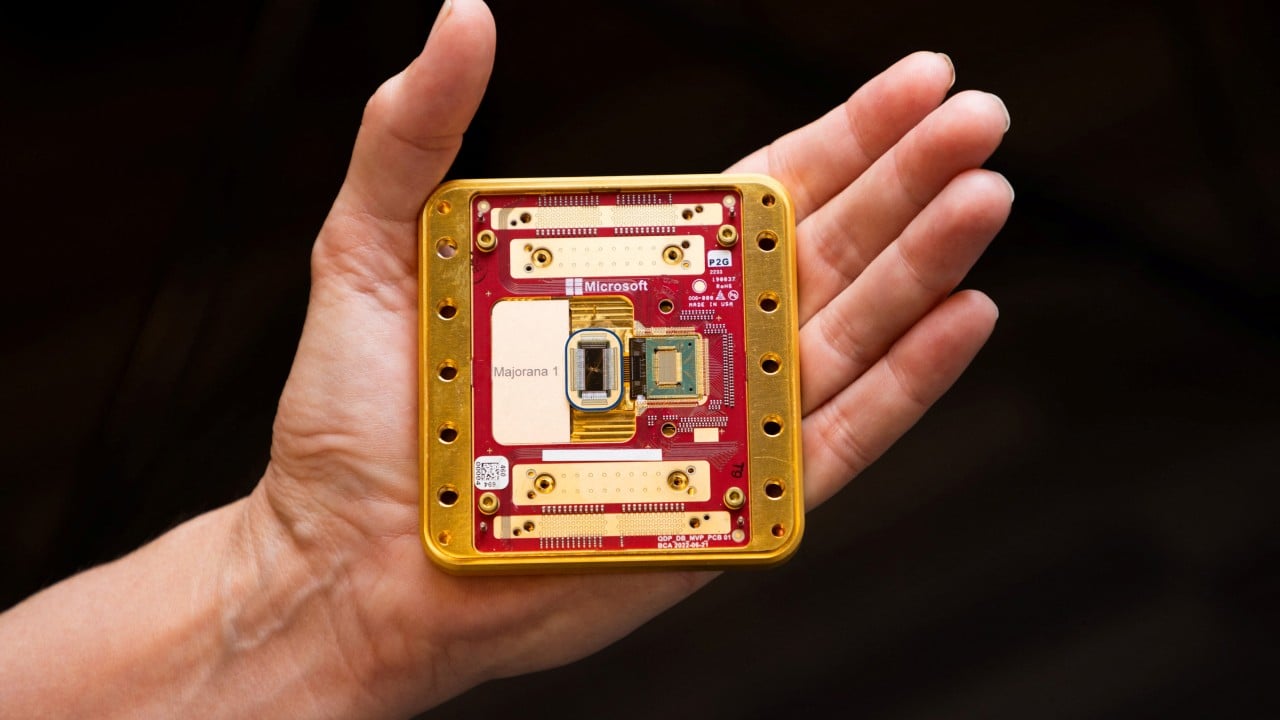Microsoft on Wednesday announced its first quantum computing chip, a major step in the company’s effort to produce devices that might someday solve problems beyond the reach of modern computers.
Advertisement
The company said its Majorana 1 chip harnessed 8 qubits, the building blocks of quantum computing, on a sticky-note-sized piece of hardware it figured could eventually host 1 million of them.
Right now, the chip is capable of little more than solving maths problems that prove it can be controlled, but Microsoft engineers said it was far enough along to serve as the foundation for future quantum machines.
Microsoft’s announcement indicates that its engineers have found a way to deploy the particles that make quantum computing possible in a system that might one day power data centres and enable advances in fields like chemistry and healthcare. Some of the findings, outlining the operation of what the company called a topoconductor, were published Wednesday in the journal Nature.
“Scientists actually theorised this in 1937,” said Jason Zander, a Microsoft executive vice-president charged with bringing quantum and other promising technologies to market. “It’s taken us nearly a hundred years to prove it. Now we can harness it.” He added that quantum machines will be doing useful things in “years, not decades”.

The field of quantum computing, whose imminent arrival has been predicted for about a decade, has seen a flurry of announcements in recent months indicating that the machines may be nearing practical utility.

